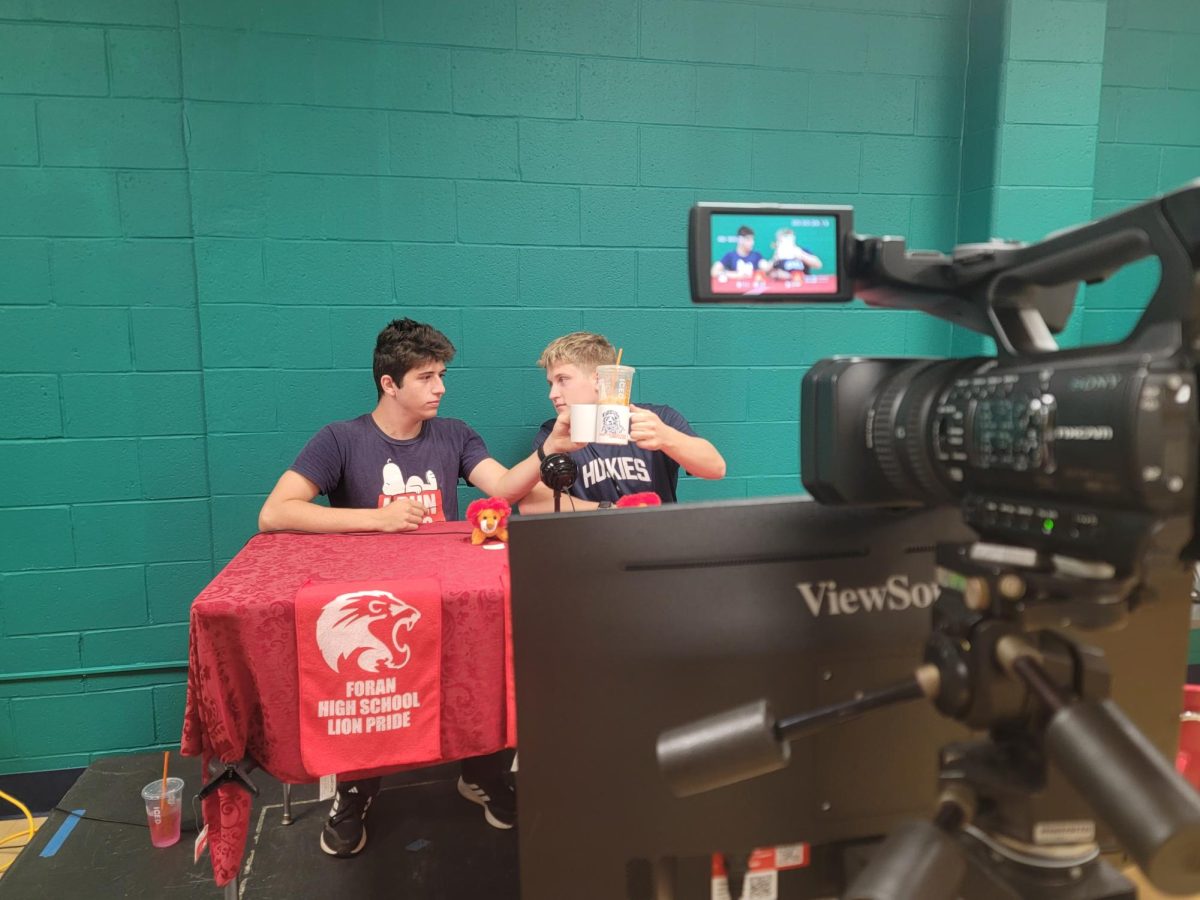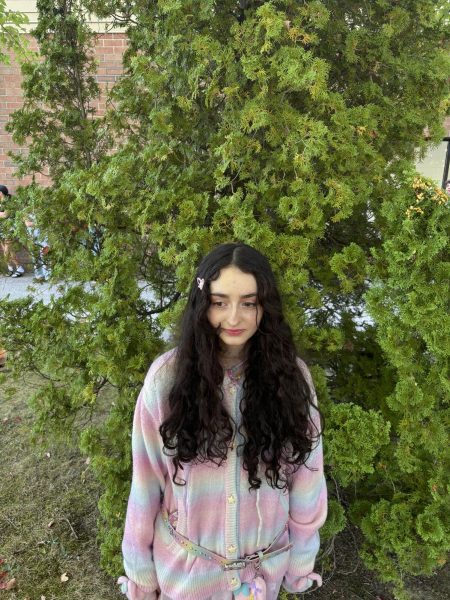Phones are silenced, meals are gone, and all daily distractions disappear for 25 hours: this day is Yom Kippur. It is the holiest day in the Jewish calendar, when those in the Jewish faith are finally able to cleanse their soul from all the previous years’ blunders.
The origins of Yom Kippur are traced back to a story in the Torah that speaks of sin and repentance.
“Descending from the mountain, Moses caught his people worshipping a golden calf and shattered the sacred tablets in anger. Because the Israelites atoned for their idolatry, God forgave their sins and offered Moses a second set of tablets,” according to History.com.
This story illustrates the themes of repentance, forgiveness, and starting anew.
The origin of Yom Kippur not only explains the roots of the holiday but also reveals why it remains so meaningful today.
This is acknowledged by the Chabad of Milford-Hebrew Congregation of Woodmont when it states on its website.

“What is Yom Kippur? It is the holiest day of the Jewish year—a day for reflection, forgiveness, and starting anew.”
Even those who are not as actively involved in the holiday as others may still feel a connection to Judaism, such as Shai (Penley) Berndlmaier, a senior at Foran High School.
“Growing up Jewish the way I did, honestly, helped shape how I view religion now. It helped me understand that people have different beliefs and that’s okay,” Berndlmaier said.
When learning about Yom Kippur, it is essential to understand the significance of Kol Nidre and Ne’ilah. Kol Nidre is the prayer that officially begins Yom Kippur, declaring the annulment of unintentional vows. Ne’ilah is the closing prayer that concludes the fast with communal prayers.
Kol Nidre
All vows, and prohibitions,
and oaths, and consecrations, and bans, and terms,
and obligations that we vow,
and swear, and devote, and prohibit upon ourselves—
from this Yom Kippur until the next Yom Kippur,
may it come upon us for good—
regarding all of them, we regret them.
Let all of them be annulled,
canceled, voided, and nullified.
Let them not be vali
Our vows are not vows;
our prohibitions are not prohibitions;
our oaths are not oaths.










